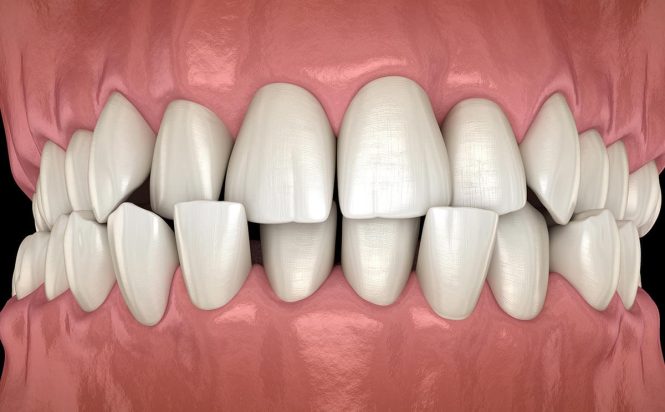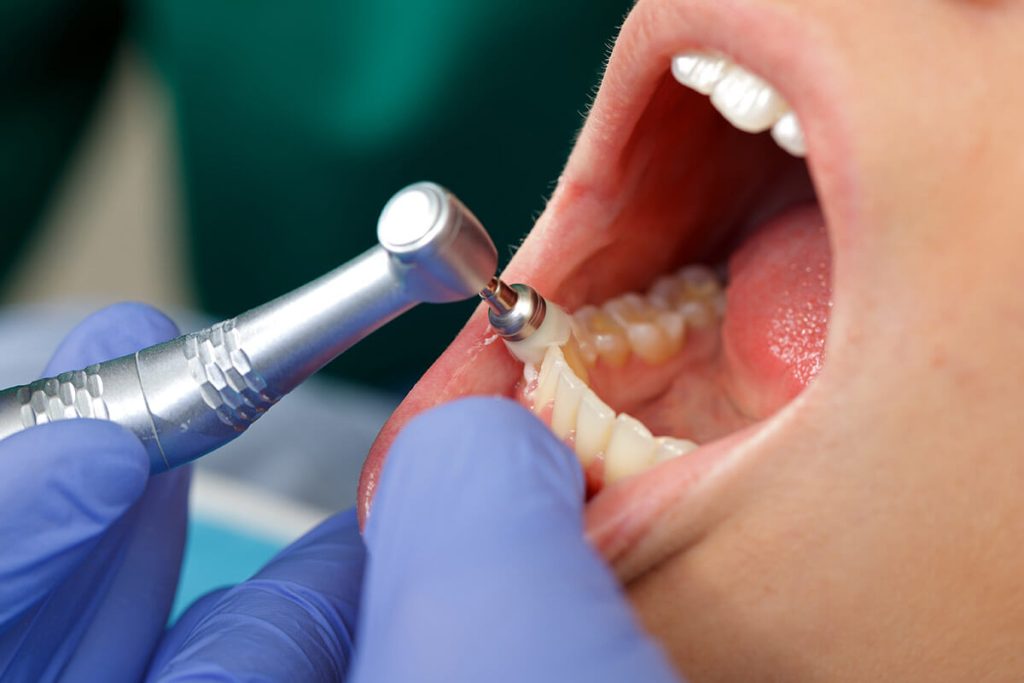

Dental care for loose teeth is a crucial aspect of maintaining optimal oral health. Loose teeth can be a serious concern, impacting not only your smile but also your overall well-being. This comprehensive guide will delve into the causes and treatment options for loose teeth, offering practical advice for maintaining a healthy, confident smile. This article will explore common causes, such as gum disease and bruxism, along with various treatment options, from simple at-home remedies to professional dental procedures. We’ll also discuss preventative measures to help ensure your teeth remain strong and secure.
Understanding the Causes of Loose Teeth
Common Causes
Loose teeth are frequently a symptom of an underlying issue. Gum disease, also known as periodontal disease, is a prevalent cause of loose teeth. The bacteria in plaque and tartar irritate the gums, leading to inflammation and bone loss around the teeth. This bone loss gradually weakens the tooth’s support structure, causing it to become loose. Other common causes include bruxism (teeth grinding), trauma, and certain medical conditions.
Factors Influencing Tooth Mobility
Factors such as poor oral hygiene, a diet high in sugary foods, and inadequate fluoride intake can contribute to the development of gum disease, thereby increasing the likelihood of loose teeth. Individuals with a history of trauma to the mouth or jaw, or those with certain medical conditions like osteoporosis, might also experience increased tooth mobility. In addition, habits like teeth grinding can wear down the supporting structures and cause loose teeth. Age and genetics can also play a role, although genetics generally contribute to susceptibility in combination with lifestyle factors.
Diagnosing Loose Teeth
Early Detection is Key
Early detection of loose teeth is essential for effective treatment. A regular dental checkup is the best way to detect the subtle signs of gum disease or other potential problems. Your dentist will examine your gums, teeth, and supporting bone structures. They will also assess tooth mobility using a specific instrument to determine how loose a tooth is. Professional dental tools, like dental probes or periodontal charting tools, can help identify the degree of inflammation and bone loss around the teeth.
Professional Assessment and X-rays
In some cases, X-rays are used to visualize the bone structure around the teeth and identify any signs of bone loss or damage. If a patient has concerns about a loose tooth, they should seek a comprehensive evaluation from a dental professional as soon as possible. Prompt diagnosis allows for timely intervention, potentially halting further damage and saving the tooth.
Home Remedies for Mild Loosening
Improving Oral Hygiene
Maintaining excellent oral hygiene is paramount in preventing loose teeth and managing mild cases of loosening. This involves brushing twice daily, flossing daily, and using mouthwash regularly. Brushing techniques are crucial, as improper brushing can worsen the situation. Regularly rinsing with an antiseptic mouthwash, especially one containing chlorhexidine, can help reduce bacteria and inflammation.
Dietary Changes and Nutritional Support
Consuming a balanced diet that is low in sugar and high in vitamins and minerals, including calcium and phosphorus, can support the health of your gums and teeth. Regular consumption of a sugary diet can contribute to the development of plaque and tartar, hence compromising oral hygiene. Limiting sugar intake and maintaining a diet rich in nutrients can enhance the overall health of your teeth and gums.
Professional Treatment Options
Scaling and Root Planing
For moderate to severe cases of loose teeth stemming from gum disease, scaling and root planing is often a necessary procedure. This is a non-surgical procedure where plaque and tartar are removed from above and below the gum line. Your dentist will smooth out the roots of the teeth, allowing the gums to reattach properly and minimizing the infection.
Periodontal Surgery
In more advanced cases of gum disease, periodontal surgery may be required to address bone loss and improve the support for the teeth. A variety of surgical techniques exist, such as flap surgery or bone grafting. The exact procedure your dentist recommends will depend on the extent of your gum disease and the specific needs of your oral situation.
Preventing Loose Teeth
Regular Dental Checkups
Regular dental checkups are essential in maintaining healthy gums and preventing loose teeth. These checkups can detect signs of gum disease early on, allowing for prompt intervention and treatment before the condition worsens.
Maintaining Excellent Oral Hygiene
Practicing good oral hygiene habits, including brushing, flossing, and using mouthwash, helps remove plaque and prevent bacteria buildup. This contributes to maintaining a healthy mouth environment, ultimately helping prevent loose teeth.
In conclusion, understanding the causes and treatment options for loose teeth is crucial for maintaining oral health. Addressing loose teeth promptly can prevent further complications and preserve the integrity of your smile. By following the recommendations outlined in this article, you can actively participate in preventing and addressing potential problems with loose teeth. Schedule a consultation with your dentist today to discuss personalized treatment options. Remember, early intervention is key to preserving your teeth for a lifetime of healthy smiles!